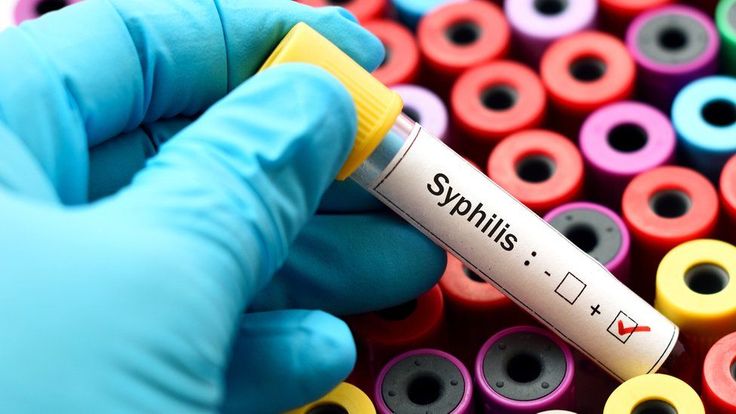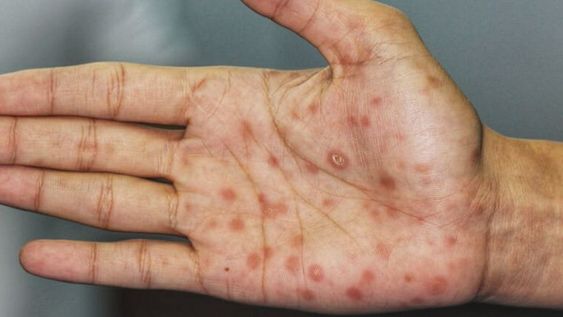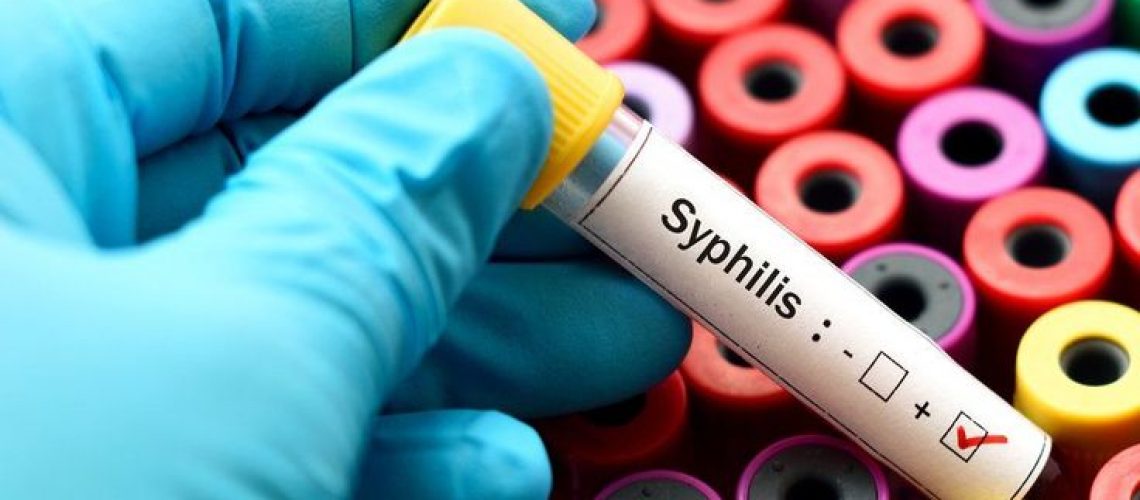Syphilis is a sexually transmitted infection (STI) that has been known to mankind for centuries. Despite significant advances in medical science, it remains a major health concern worldwide. Here’s an in-depth look at syphilis, from how it spreads to its symptoms, and how it can be effectively managed and treated.

What is Syphilis?
Syphilis is caused by the bacterium Treponema Pallidum. It primarily spreads through direct contact with a syphilis sore during vaginal, anal, or oral sex. It can also be transmitted from a mother to her unborn baby, known as congenital syphilis.
How Does Syphilis Spread?
The disease is notorious for its ability to mimic other conditions, which can sometimes make it hard to diagnose promptly. It’s most contagious in its primary and secondary stages when sores and rashes are present. However, the bacterium can’t survive long outside the human body, so syphilis can’t be contracted through casual contact like sharing utensils or toilet seats.
Stages of Syphilis
Syphilis progresses through several stages if left untreated, each with distinct symptoms :
- Primary Syphilis
The first sign is usually a small, painless sore called a chancre. It appears at the site where the bacteria entered the body, such as the genitals, rectum, or mouth. Most people only develop one chancre, which typically heals on its own within 3 to 6 weeks.
- Secondary Syphilis
A few weeks after the initial sore heals, secondary syphilis may begin. This stage is marked by a skin rash that can appear on any part of the body, including the palms of the hands and the soles of the feet. Other symptoms may include fever, swollen lymph nodes, sore throat, patchy hair loss, headaches, weight loss, muscle aches, and fatigue.

- Latent Syphilis
If untreated, the disease moves into a latent stage, where there are no visible symptoms. The latent stage can last for years before progressing to the final stage.
- Tertiary Syphilis
This late stage can occur 10 to 30 years after the infection began. It can cause damage to the brain, nerves, eyes, heart, blood vessels, liver, bones, and joints. Symptoms of tertiary syphilis vary depending on the organs affected.
Diagnosis and Treatment
Syphilis is diagnosed through blood tests, and examination of fluid from sores if present. The disease is curable with antibiotics, primarily penicillin. Early treatment is crucial to prevent the progression of the disease and to avoid long-term complications.
Prevention is Key
The only certain way to prevent syphilis is to abstain from sexual contact or be in a mutually monogamous relationship with a partner who has tested negative for the disease. Condoms can reduce the risk but are not 100% effective against syphilis because sores can be located in areas not covered by a condom.
The Bottom Line
Whilst syphilis is a serious disease, it is preventable and treatable. Regular testing, safe sexual practices, and prompt treatment are crucial. If you suspect you might have syphilis or are at risk, consult with a healthcare provider for testing and potential treatment.
Remember, an open dialogue with your partner about STIs and regular check-ups with your healthcare provider play a critical role in maintaining both your sexual and overall health.

About Zoie Health
Zoie Health is at the forefront of women’s wellness, offering quality, affordable, and accessible supplements tailored to the unique health needs of women. With a focus on synergy, Zoie Health’s products are designed to work together, providing your body with the comprehensive support it needs to thrive. With our online Zoie Shop and Pharmacy, our unique virtual consultations, and vast communities of women, we strive to provide good quality healthcare to underserved populations.
Sources: Mayo Clinic, Healthline









